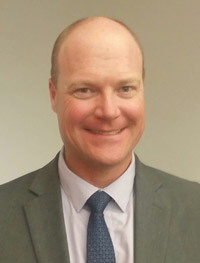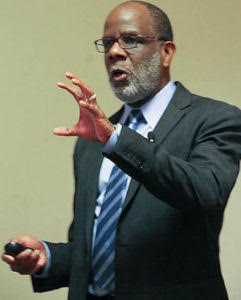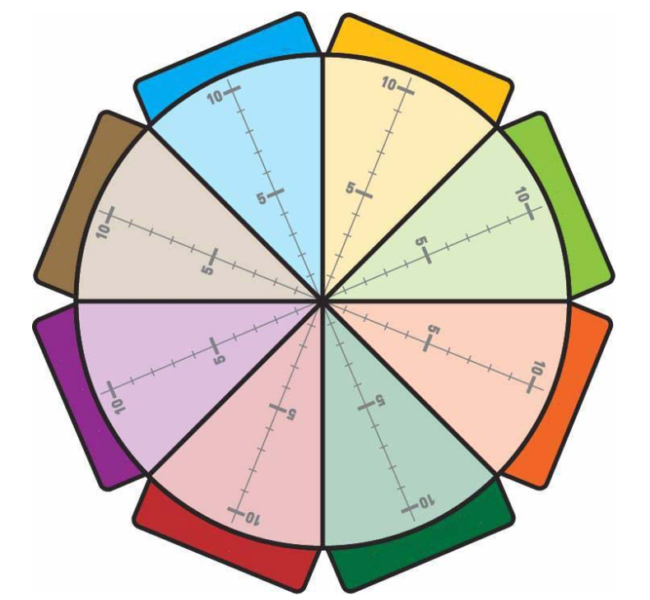Online education report available now
The NASJE Futures Committee is pleased to share an Online Education Report. The purpose of this report is to update NASJE leadership and members about the process and findings of an August 2017 member survey on the topics of distance learning and learning management systems. This report includes a detailed look at what people are doing, what they think of it, and why they use the technology they use.




